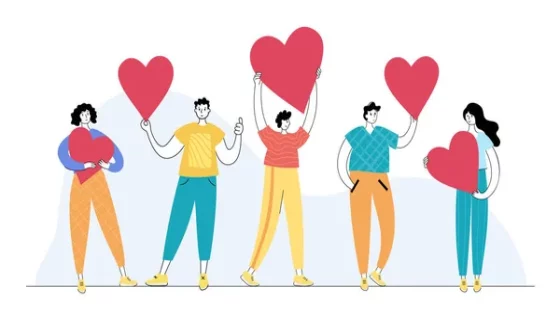Introduction
The asylum interview is a critical step in the process of seeking protection in Greece. It allows asylum seekers to present their case and explain why they cannot return to their home country. The interview is conducted by the Greek Asylum Service or another authorized body and is crucial in determining whether an applicant qualifies for refugee status or subsidiary protection.
This guide provides an in-depth look at the questions commonly asked during the asylum interview, along with real-life examples, best answers, and essential tips for applicants.
1. Understanding the Asylum Interview Process
What to Expect
- The interview is conducted by a caseworker from the Greek Asylum Service.
- An interpreter will be present if needed.
- The interview is confidential.
- The interviewer will ask about your identity, your journey, and the reasons why you are seeking asylum.
- You can have legal representation or an NGO advocate present.
Key Documents to Bring
- Identification documents (passport, national ID, or birth certificate)
- Proof of residence in Greece (if applicable)
- Any supporting evidence (police reports, medical reports, photos, videos, letters, etc.)
2. Common Questions and Suggested Answers
A. Personal Information and Background
- Q: What is your full name, date of birth, and nationality?
- A: « My name is [Full Name]. I was born on [Date of Birth] in [Country]. »
- Q: Can you describe your family background?
- A: « I come from a family of [number] members. My parents are [alive/deceased], and my siblings are in [location]. »
- Q: Have you ever been to another country before arriving in Greece?
- A: « No, this is my first time outside my home country. »
B. Reasons for Seeking Asylum
- Q: Why did you leave your country?
- A: « I was forced to leave because [political persecution, war, religious intolerance, sexual orientation, etc.]. »
- Q: Can you describe an incident that made you decide to leave?
- Real-Life Example: « In [Year], I was arrested for participating in a peaceful protest. The police detained me for three days and beat me. When I was released, I received threats from authorities, so I had no choice but to flee. »
- Q: Did you seek help from the police or authorities in your home country?
- A: « I did, but instead of protecting me, they were the ones persecuting me. »
C. Journey to Greece
- Q: How did you travel to Greece?
- A: « I traveled by [boat/car/walking] through [countries crossed]. »
- Q: Did you face any dangers on your journey?
- A: « Yes, I was detained by smugglers who demanded more money. I also faced starvation and extreme weather conditions. »
D. Life in Greece and Future Plans
- Q: How have you been living since arriving in Greece?
- A: « I have been staying in [a refugee camp/an NGO shelter/a friend’s house] and receiving assistance from humanitarian organizations. »
- Q: What do you plan to do if you are granted asylum?
- A: « I want to work, integrate into society, and rebuild my life. »
3. Essential Tips for a Successful Asylum Interview
A. Be Honest and Consistent
- Any contradictions in your statements can harm your case.
- Stick to the facts and avoid exaggerations.
B. Stay Calm and Focused
- If you feel nervous, take a deep breath and answer clearly.
- If you do not understand a question, ask for clarification.
C. Prepare Your Story in Advance
- Think about the key events that led to your flight.
- Remember dates, places, and details.
D. Seek Legal and Psychological Support
- Organizations such as UNHCR, Greek Council for Refugees, and METAdrasi provide legal and psychological aid.
4. Support Organizations in Greece
- Greek Council for Refugees (GCR) – https://www.gcr.gr
- METAdrasi – https://metadrasi.org
- SolidarityNow – https://www.solidaritynow.org
- UNHCR Greece – https://help.unhcr.org/greece
Conclusion
The asylum interview in Greece is a crucial step in obtaining international protection. By understanding the questions, preparing answers, and seeking legal support, asylum seekers can present a strong case. This guide provides the necessary tools to help applicants navigate the interview process successfully.
Sources:
- UNHCR Greece
- Greek Asylum Service
- Humanitarian organizations
Copyright protected for LEBPI.COM









